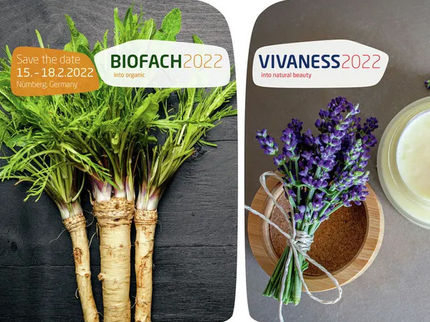Coca-Cola goes colourless in Japan
Advertisement
A desire for more unusual and engaging products has now encouraged The Coca-Cola Company to change the most fundamental attribute of its eponymous brand: its distinctive brown colour. The company’s Japanese arm has launched Coca-Cola Clear, a zero-calorie, lemon-flavoured drink which leaves out the caramel ingredients that give the cola its traditional colour.

Suntory Premium Morning Milk Tea Colourless drinks have emerged as a particular trend in Japan in recent years. Suntory, for example, launched a completely transparent ready-to-drink milk tea.
Mintel
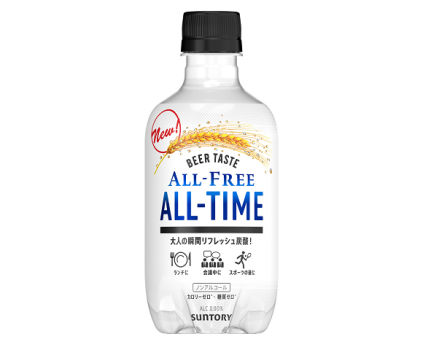
Suntory All-Free All-Time Suntory has also taken transparency into the beer category, launching a non-alcoholic brew in Japan that looks like water but tastes like beer.
Mintel
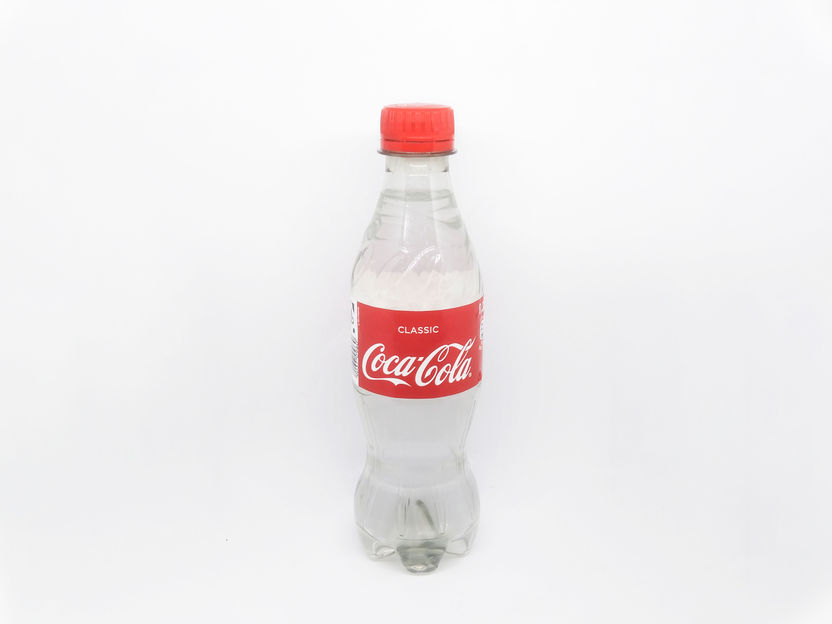
yumda

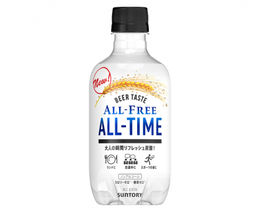
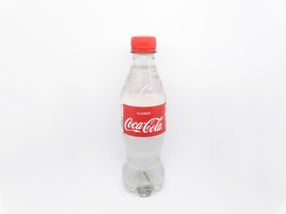
Instead, the drink is completely transparent, like water, though Coca-Cola insists it maintains a similar flavour to coloured versions. The product was developed for a year before the US headquarters granted permission for a launch and while it will be exclusively sold in Japan, the concept may appeal in other markets as the appearance of products becomes a higher priority.
Eat—and drink—with your eyes
The growing popularity of image-focused social media sites like Instagram have made product appearance more important than ever before. As discussed in Mintel’s 2016 Global Food & Drink Trend ‘Eat with Your Eyes’, our more visual-focused culture is encouraging brands to experiment with vibrant colours, interesting textures and innovative shapes in the hopes of gaining social media praise. Flavour has long been the focus of product innovation, but the rise of food and drink centric social media is now forcing brands to consider other senses with equal importance.
Colour, in particular, has emerged as an important tool for standing out on social media feeds, with brands such as Starbucks receiving significant attention for bold, creative drinks like its pink, purple and blue Unicorn Frappuccino. Sensory engagement provides a way for carbonated soft drink (CSD) brands to counter negative perceptions and generate interest in a world where better-for-you options are increasingly preferred.
Colourless can be just as striking as colourful
Most brands have chosen to experiment with boldly coloured formulations to make products share-worthy, but absence of colour can generate just as much attention. Consumers are seeking unique-looking food and drink to share on social media, and what makes products distinctive is their difference from the status quo. This suggests that transparent versions of food and drink traditionally associated with a colour can be just as disruptive as more ostentatiously coloured innovations.
Amping up naturalness through clarity
The share-worthy nature of colourless formulations may be their primary attraction for brands playing in this market, but see-through CSDs can also allude to a number of important consumer trends, not least of which is the demand for more natural and trustworthy products. For instance, Mintel research reveals that almost a third of urban Australians think it is important to buy natural food and drink products.
As highlighted in Mintel’s 2018 Global Food & Drink Trend ‘Full Disclosure’, consumers are less trusting than ever before, requiring complete and total honesty from companies about exactly what’s in food and drink. This has led to the clean label trend, with brands only formulating with what’s absolutely essential.
Colourless CSDs are likely to appeal in this environment because the formulations remove ingredients that only have an aesthetic function. Clear drinks also can improve perceptions by closely resembling water—the most natural of all drinks.




